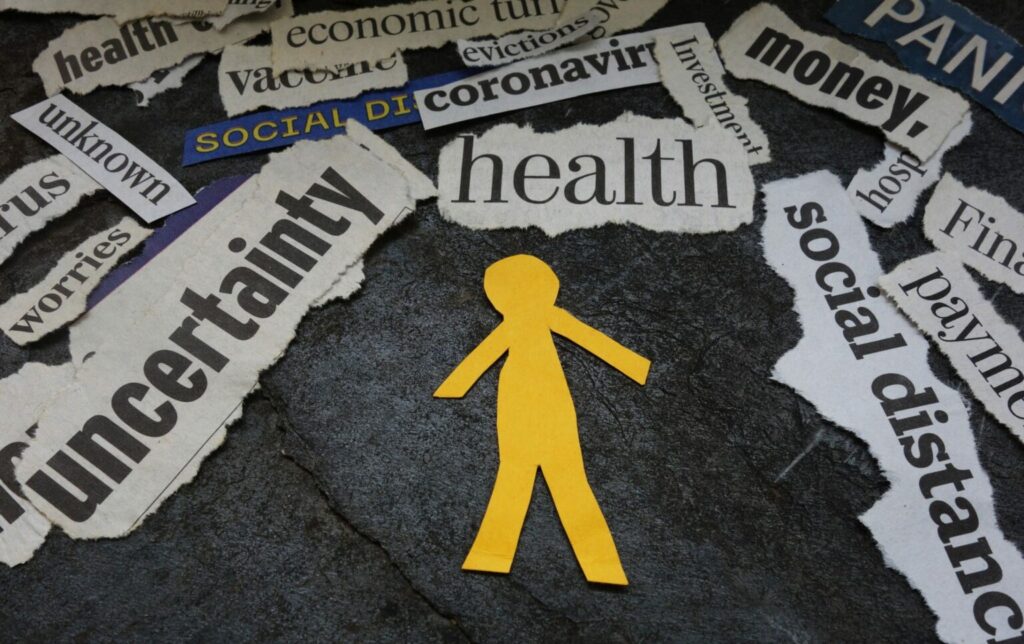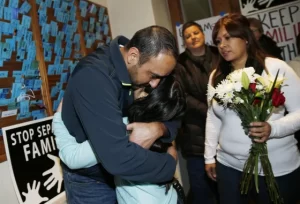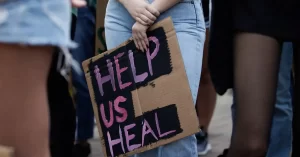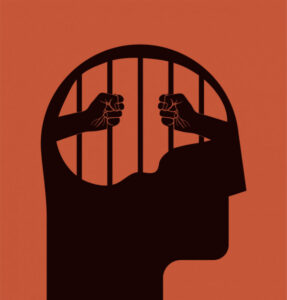Introduction
The intersection of mental health and justice is a critical issue that requires attention and advocacy. Faith-based organizations have the opportunity to champion justice reform, ensuring that individuals with mental health challenges are treated with dignity and care.
Current Landscape of Mental Health in Justice Systems
The U.S. justice system faces significant challenges regarding the treatment of individuals with mental health issues. Many individuals encounter the system due to untreated mental illness, leading to incarceration instead of treatment.
The Role of Faith Communities in Advocacy
Faith communities can mobilize to advocate for systemic change. They can call for:
- Increased Funding: Pushing for budget allocations to mental health services within the justice system.
- Training for Law Enforcement: Advocating for better training on mental health issues for police officers.
Building Partnerships
Faith organizations can partner with mental health professionals and advocacy groups to raise awareness and implement changes. Together, they can lobby for laws that promote treatment over incarceration.
Practical Actions for Advocacy
- Organize Community Meetings: Create platforms for discussions about mental health and justice in local communities.
- Participate in Advocacy Campaigns: Get involved in local and national campaigns advocating for mental health reform.
- Educate Congregation Members: Share information about the justice system’s mental health challenges within sermons and church activities.
Conclusion
The role of faith-based organizations in advocating for mental health reform is vital. By standing up for justice and compassion, we can ensure that all individuals receive the treatment they deserve.











































